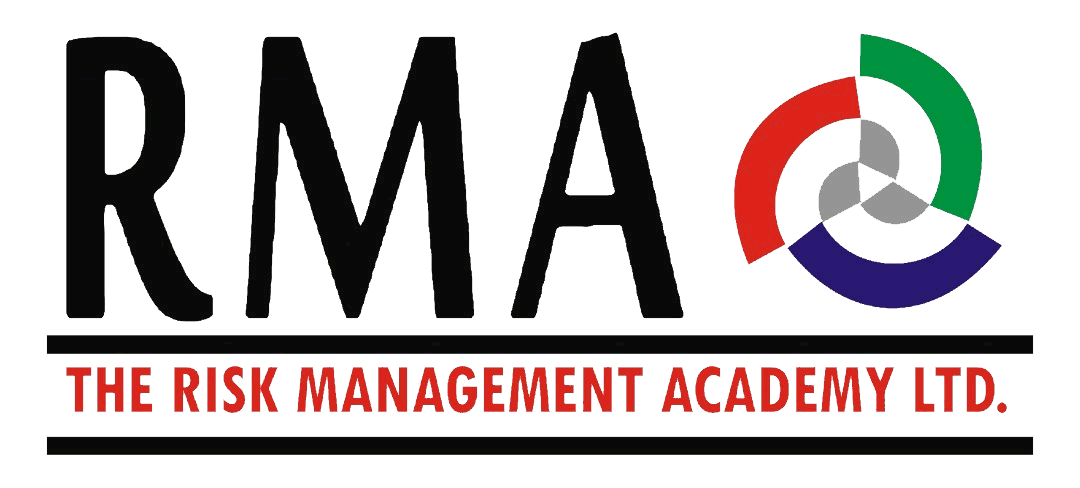Description
Background / Overview
Pension funds play a critical role in securing long-term financial stability for millions of retirees. However, they face unique vulnerabilities from market volatility, longevity risks, regulatory changes, inflation, climate risks, and macroeconomic shocks. Stress testing has become an essential tool for pension fund administrators to assess resilience under extreme but plausible scenarios.
This program equips pension fund professionals with the knowledge, methodologies, and practical tools to design and implement stress tests, evaluate results, and translate them into sound risk management and governance decisions. It combines regulatory insights, industry case studies, and hands-on scenario analysis to strengthen participants’ ability to manage risks effectively.
Agenda / Content
Session 1: Introduction to Stress Testing in Pension Funds
-
The role of stress testing in long-term fund sustainability
-
Key risks for pension funds: market, longevity, operational, and systemic risks
-
Regulatory frameworks: Solvency II (Europe), NAIC (US), local supervisory expectations
Session 2: Types of Stress Testing for Pension Funds
-
Market stress: equity shocks, interest rate spikes, inflation volatility
-
Demographic stress: longevity and mortality risks
-
Liquidity stress: funding shortfalls and cash flow mismatches
-
Climate and ESG-related stress testing
-
Reverse stress testing (“what breaks the fund?”)
Session 3: Methodologies & Tools
-
Deterministic vs. stochastic stress testing
-
Scenario analysis vs. sensitivity testing
-
Data requirements and modeling approaches
-
Use of actuarial assumptions and economic scenario generators (ESGs)
Session 4: Case Studies & Regulatory Expectations
-
Global case studies (EU, US, Africa, Asia) on pension stress tests
-
Supervisor-mandated stress testing exercises
-
Lessons learned from pension fund failures and crises
Session 5: Implementing Stress Testing in Practice
-
Designing governance frameworks for stress testing
-
Integrating stress test results into risk management and investment strategy
-
Communicating findings to boards, regulators, and stakeholders
-
Hands-on exercise: Designing a sample pension fund stress test scenario
Session 6: Strategic Implications & Future Trends
-
Using stress tests for strategic asset allocation
-
Climate risk stress testing & sustainability disclosure requirements
-
Digital tools, AI & automation in stress testing
-
Closing reflections and action planning
Objectives
By the end of this training, participants will be able to:
-
Understand the role and importance of stress testing in pension fund risk management.
-
Identify the key risks that pension funds face and model their impacts.
-
Apply different stress testing methodologies to assess fund resilience.
-
Interpret stress testing results and integrate them into investment and funding strategies.
-
Align stress testing practices with regulatory expectations and best practices.
-
Build internal governance and reporting frameworks around stress testing.
Outcomes
-
Strengthened risk management capabilities for pension funds.
-
Improved ability to withstand market volatility, demographic pressures, and systemic risks.
-
Enhanced regulatory compliance and supervisory readiness.
-
Development of scenario-based decision-making skills.
-
Better stakeholder confidence through transparent stress testing practices.
Key Takeaways
-
Stress Testing Toolkit: methodologies, templates, and reporting frameworks.
-
Global case study insights on pension resilience.
-
Checklist for integrating stress testing into governance and investment processes.
-
Hands-on scenario planning experience applicable to participants’ organizations.
-
Forward-looking perspective on climate risk, digital tools, and regulatory trends.


